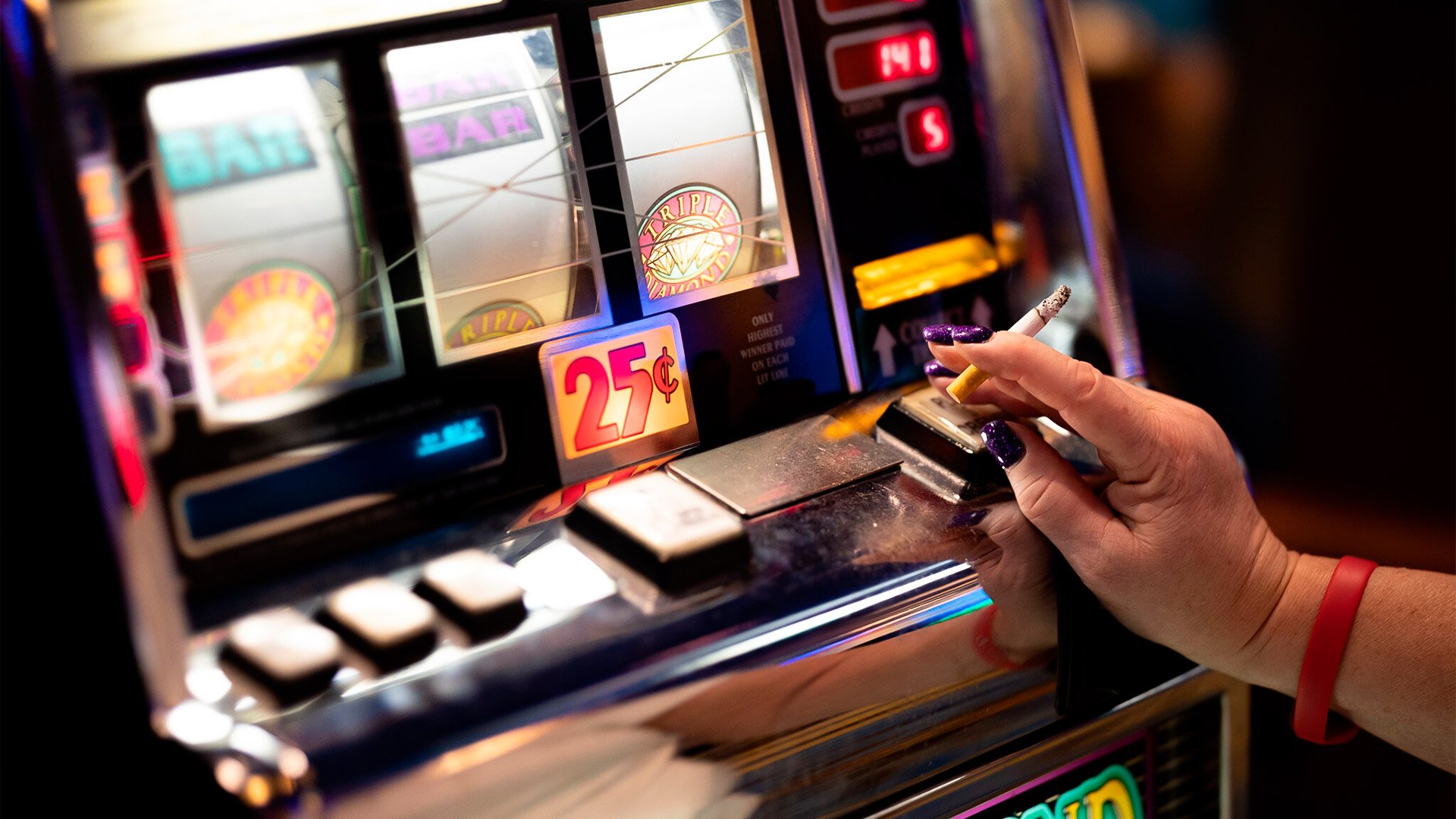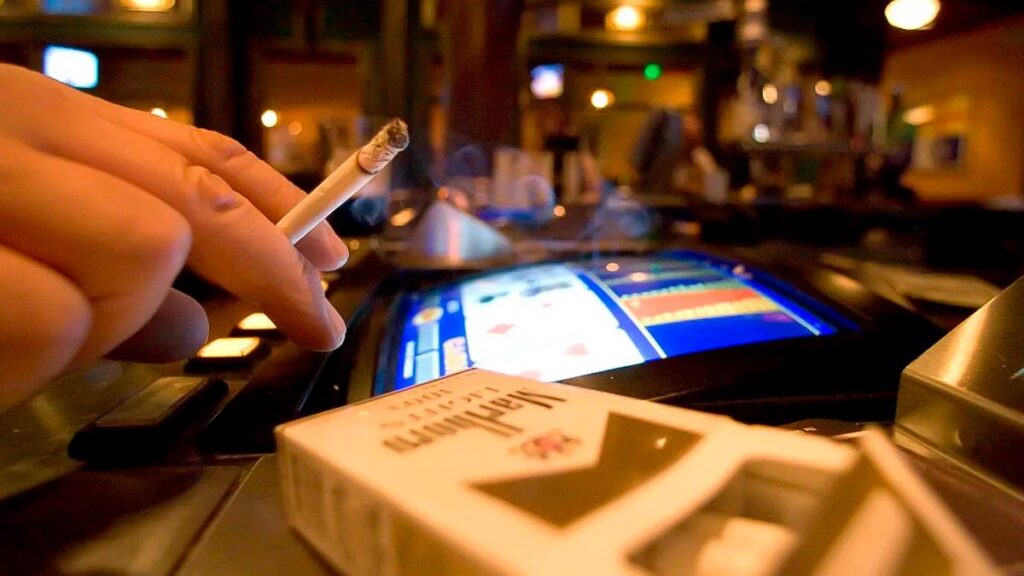Efforts to enact a smoking ban in Atlantic City’s casinos encountered a significant setback Thursday when Democratic lawmakers revealed insufficient support for the proposed legislation to advance, delaying a crucial vote. Some lawmakers also said they would like to listen to alternatives proposed by the casino industry, including enclosed smoking rooms in which no employee would be forced to work.
The delay of the bill, anticipated to usher in a smoke-free environment within the city’s nine casinos, has left casino workers dismayed and advocates disappointed. Lamont White, a dealer at Borgata and a leading voice in the anti-smoking movement within Atlantic City’s casino industry, expressed disbelief at the recurring delay.
“It’s incredible that we’re here begging again to have the same thing everyone else has,” White lamented, articulating the frustration among casino workers who have advocated for years to eliminate a loophole that permits smoking in their workplace.

“We have to endure hours on the job with secondhand smoke in our faces without the ability to turn away,” said Nicole Vitola, another Borgata dealer actively engaged in the anti-smoking effort.
The legislative history of exempting Atlantic City’s casinos from a statewide smoking ban drew regret from former Governor and current Senator Richard Codey, who acknowledged the need for rectification. Codey noted that the compromise was enacted under his tenure as the state’s top elected official as the price for getting a smoking ban for the rest of the state through the Legislature.
Senator Joseph Vitale, however, clarified that the bill fell short Thursday by a single vote of the number required to move it forward, assuring workers of a future vote on the legislation. He apologized to workers who made the 180-mile (290-kilometer) round trip from Atlantic City, promising a vote on the bill “sooner rather than later.”
Sen. Fred Madden articulated his stance, expressing concern about potential job losses, noting some lawmakers want to hear more from the casino industry. He suggested an 18-month phase-in, allowing casinos to set up enclosed smoking rooms with air treatment and ventilation.
“I didn’t sign up to this to start taking people’s livelihoods away. But it’s extremely important to put health first, and that’s what I’m trying to do here,” Senator Madden stressed, advocating for a compromise.
In response to the delayed vote, the Casino Association of New Jersey remained reserved in its official response. President Mark Giannantonio had previously highlighted concerns about the bill’s potential adverse effects on Atlantic City’s economy, urging a reevaluation of the proposed ban’s implications.
Despite the differing viewpoints, the bill enjoys widespread support among New Jersey lawmakers, signaling a bipartisan consensus. Governor Phil Murphy reiterated his commitment to signing the bill if it secures legislative approval.
The bill would close a loophole in the state’s 2006 indoor smoking law. That measure was written specifically to exempt casinos from bans on smoking indoors. Currently, smoking is permitted on 25% of a casino floor in Atlantic City. The casino industry opposes a full smoking ban, arguing it would lose customers and revenue to nearby states where casino smoking is still permitted.



